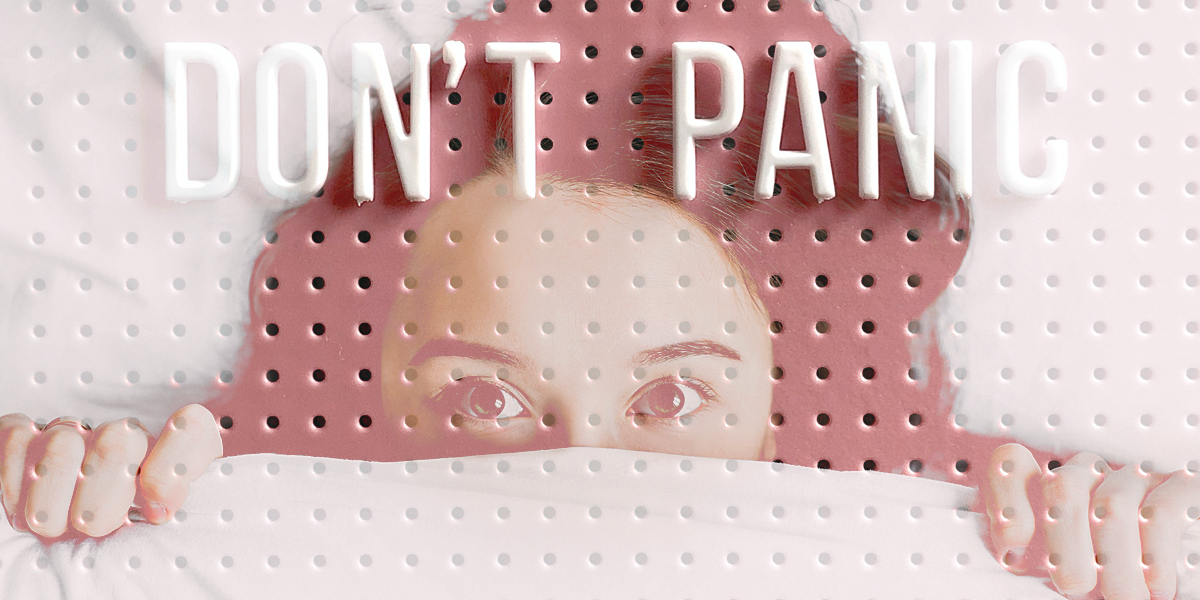
You’ve probably heard the phrase “they’re so antisocial” before, but you may have also heard of antisocial personality disorder or seen someone referred to as “asocial.” It can get confusing fast.
So, what’s the difference between antisocial and asocial? Are they interchangeable? Let’s find out.
What is Asocial Behavior?
Asocial definition: Someone who avoids or is uninterested in social interaction and may be viewed as inconsiderate or unfriendly toward others.
Asocial behavior is typically the result of an intense fear of rejection or anxiety around new people in social situations. These people can socialize normally with people they already know, such as close family or lifelong friends, but they are entirely closed off from the rest of society.
It’s common for asociality to show as a lack of motivation to socialize, an inability to pick up social cues, general withdrawal from society, trouble carrying on a conversation or a debilitating fear of judgment from others.
One important thing to remember about asocial behavior is that it is not the same as introversion, which is simply a preference for quiet time alone. For introverts, being alone is restful and energizing. For someone asocial, being alone is a choice based on fear or dislike of people.
Finally, there is no such thing as “asocial disorder.” Unlike antisocial personality disorder, being asocial is simply a personality trait that can be changed or managed.
What is Antisocial Behavior?
Antisocial definition: Someone who acts against social norms, often disregards “right and wrong” and exhibits a general lack of remorse.
When someone is antisocial, the problem is typically rooted in something more than indifference or anxiety, which is the case for asociality. Antisocial people tend to go out of their way to lie, violate boundaries and commit violent or malicious acts like theft, assault and other crimes.
These people are often impulsive and characterized by misbehaving in any situation, such as purposely scaring children in a park, antagonizing law enforcement on a street corner or making lewd remarks at a funeral.
This is often associated with antisocial personality disorder (ASPD), a severe psychological issue that a mental health specialist should manage.
Can These Behaviors Be Changed?
Being asocial likely has shaped your identity, but the good news is that if it is causing you harm or distress, it can be changed through consistent work and help from a professional. Because these behaviors often originate from social anxiety, depression or intense fear of rejection and judgment, examining what’s causing you to feel and act this way is necessary before you can make fundamental changes.
Change may be more challenging for those with ASPD. Antisociality pushes these people to gain enjoyment from causing harm, violence or chaos, so it can be harder to work on these behaviors. This is especially true since not all antisocial people want to act differently.
Ultimately, the answer to the antisocial vs asocial question is simple: They are two very different psychological states. If you’re worried that you or a loved one are exhibiting behaviors of either, it’s helpful to seek medical advice to live a happy, healthy life.
FAQ
- Is asocial the same as antisocial?No, asociality is more related to feelings of social anxiety that cause people to avoid social situations. Antisociality is considered more harmful because the behaviors are inappropriate for a situation and may be malicious.
- Is it a bad thing to be asocial?Being asocial isn’t necessarily bad, but it can hurt your quality of life. It often stems from intense social anxiety or fear of judgment and rejection, so it may be best for your happiness to seek help if you believe you are asocial.
- What is ASPD?ASPD is an antisocial personality disorder, a serious issue that often involves consistently negative behaviors like impulsive lying, violence and disregard for the rights of others. Anti-social personality traits can harm you and others, so it’s wise to seek professional help if you believe you’re antisocial.







